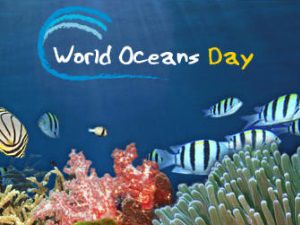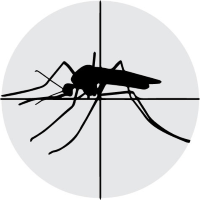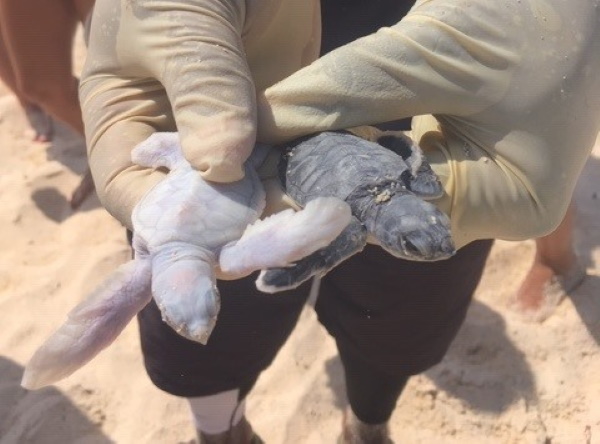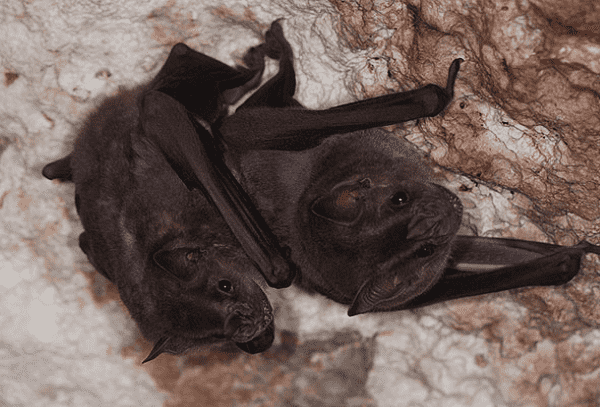 (HRC): The Human Rights Commission joins the United Nations in celebrating World Oceans Day 2016, on 8 June. Adopted in the General Assembly on 5 December 2008, the goal of World Oceans Day is to “raise awareness about the crucial role the ocean plays in our lives and the important ways people can help to protect it”. This year’s theme, “Healthy Oceans, Healthy Planet”, was chosen to lend support to the UN’s focus on sustainability and protecting the oceans’ natural resources.
(HRC): The Human Rights Commission joins the United Nations in celebrating World Oceans Day 2016, on 8 June. Adopted in the General Assembly on 5 December 2008, the goal of World Oceans Day is to “raise awareness about the crucial role the ocean plays in our lives and the important ways people can help to protect it”. This year’s theme, “Healthy Oceans, Healthy Planet”, was chosen to lend support to the UN’s focus on sustainability and protecting the oceans’ natural resources.
The UN explains the importance of the oceans: “the ocean is the heart of our planet. Like your heart pumping blood to every part of your body, the ocean connects people across the Earth, no matter where we live. Our rainwater, drinking water, weather, climate, coastlines, much of our food, even the oxygen in the air we breathe, are all ultimately provided and regulated by the sea.”
The protection and sustainability of the sea and marine life has always been of significant importance to the Cayman Islands due to our strong maritime history and seafaring heritage. As the waters surrounding the Islands sustained a great abundance of sea turtles the first settlers made their living by hunting them. Seafaring was also a way of life for many Caymanian men to support their families as other forms of work was scarce on the Islands. Today, the Cayman Islands have become world-renowned for its pristine beaches and excellent scuba diving.
This rich heritage deserves to be protected. Section 18 of the Cayman Islands Constitution Order 2009 (“the Constitution”) gives a right to protection of the environment. This right places a positive obligation on the Cayman Islands Government to consider the environmental impacts that may result from decisions or actions taken by public authorities. In all its decisions, the Government is required to have regard to the need to foster and protect an environment that is not harmful to the health or well-being of present and future generations, while promoting justifiable economic and social development. This includes the adoption of legislation and other measures “to protect the heritage and wildlife and the land and sea biodiversity of the Cayman Islands”.
For the past 30 years, the Government has been proactive in overseeing the protection and conservation of Cayman’s marine life. In 1986, the Marine Parks legislation was enacted to reduce the impact of overfishing and reef and coral damage inflicted by diving and boating activities, research is regularly undertaken by the Department of Environment, and more recently, in 2014, the National Conservation Law was brought into effect. The Commission applauds the Government on its efforts to promote the sustainable development of Cayman’s marine environment and encourages it to continue to comply with its constitutional duty to protect our natural resources.
The UN provides the following “facts and figures” on oceans:
Oceans cover three quarters of the Earth’s surface, contain 97 per cent of the Earth’s water, and represent 99 per cent of the living space on the planet by volume.
Over three billion people depend on marine and coastal biodiversity for their livelihoods.
Globally, the market value of marine and coastal resources and industries is estimated at $3 trillion per year or about 5 per cent of global GDP.
Oceans contain nearly 200,000 identified species, but actual numbers may lie in the millions.
Oceans absorb about 30 per cent of carbon dioxide produced by humans, buffering the impacts of global warming.
Oceans serve as the world’s largest source of protein, with more than 2.6 billion people depending on the oceans as their primary source of protein.
Marine fisheries directly or indirectly employ over 200 million people.
Subsidies for fishing are contributing to the rapid depletion of many fish species and are preventing efforts to save and restore global fisheries and related jobs, causing ocean fisheries to generate US$ 50 billion less per year than they could.
As much as 40 per cent of the world oceans are heavily affected by human activities, including pollution, depleted fisheries, and loss of coastal habitats.
The Commission encourages individuals in the Cayman Islands to show their support or become involved and for World Oceans Day 2016 by:
Participating in a beach cleanup activity;
Collecting recyclable materials such as plastics, glass, aluminum cans etc. at home or work and taking them for recycling;
Visiting the Cayman Islands National Museum to learn more about Cayman’s maritime history and seafaring culture;
Visiting the Cayman Islands land-based Maritime Heritage Trail which was created by a partnership of the National Museum, Department of Environment, the Cayman Islands National Archives and the Cayman Islands National Trust;
Learning about climate change to understand what we can do to decrease its impact on our sea and marine life.





Call or email your MLAs and tell them you want the Marine Protected Areas implemented now.